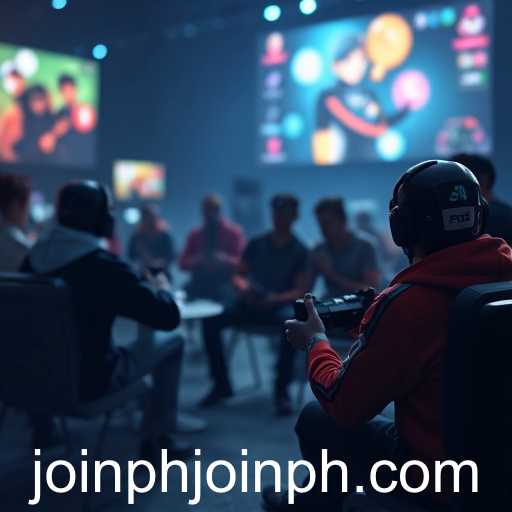As the world steps deeper into the digital age, online gaming platforms have taken center stage in fostering global communities and entertainment. One of the key players in this domain for English speakers is the game website known by the intriguing keyword 'phjoin'. This platform, like many others, has evolved not just in terms of technology but also in its community impact, offering gamers an immersive experience that goes beyond mere play.
In 2025, the gaming industry is marking significant shifts with advancements in AI, VR, and cloud computing. These technologies have been integrated into platforms like 'phjoin', thereby enhancing user experience and offering more realistic and engaging gameplay. This development isn't just about technology; it's about connectivity, where gamers from different parts of the world converge in a virtual meeting point, forming friendships and rivalries in competitive arenas.
Commentary from industry experts suggests that platforms are becoming more than just places to play games. They serve as social hubs where players can communicate, collaborate, and create. For 'phjoin', this means offering a dynamic interface where users can share their experiences, tips, and achievements, fostering a sense of community that's almost tribal in its passion. This evolution is in line with a growing trend of gamification across various sectors, indicating a broader acceptance and integration of gaming principles in daily life.
Meanwhile, reports indicate that online gaming is contributing considerably to the global economy, with significant financial outputs from in-game purchases, streaming content, and e-sports tournaments. 'Phjoin', like its contemporaries, is benefiting from this economic boom, leveraging microtransactions and subscription models to sustain and expand its operations. These financial strategies have allowed for continuous innovation and improvement, ensuring that the platform remains competitive and appealing to users.
The dynamics of online gaming are rapidly changing as inclusivity and accessibility become paramount. 'Phjoin' has made headlines by implementing features that allow gamers of different ages and abilities to participate, helping to break down barriers within this digital community. This move signifies the broader trend of making digital spaces more inclusive, reflective of societal shifts towards greater acceptance and diversity.
In conclusion, as we navigate through 2025, platforms like 'phjoin' are not just game destinations; they are cultural phenomena shaping how individuals connect and interact in a digital-first world. The future of gaming will likely continue to blend technology with community, offering endless possibilities for innovation and engagement.








